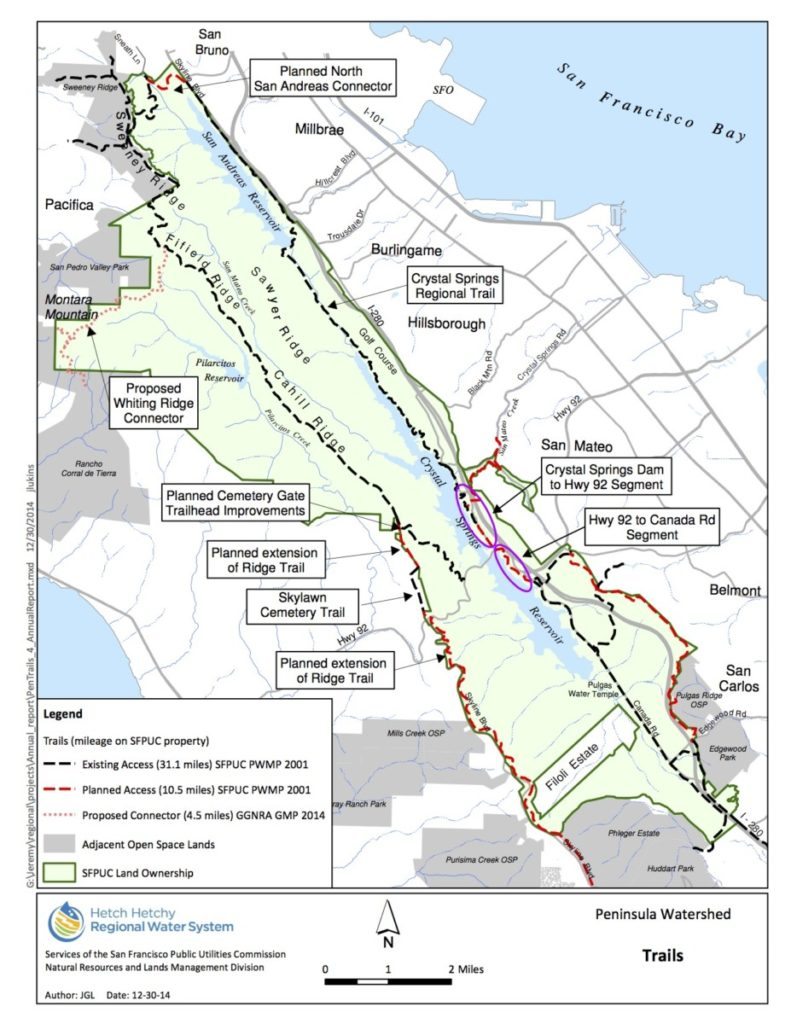Peninsula Watershed – protect it!
By Noreen Weeden
On September 12, the San Francisco Board of Supervisors’ Land Use Committee will hear a proposed resolution seeking expanded public access to the Peninsula Watershed Lands. It urges the San Francisco Public Utilities Commission (SFPUC) to provide enhanced public access to existing roads and trails in the Watershed Lands, consistent with the goals of protecting the water supply and the environmental quality of the area.
Sounds like a wonderful idea … except when you look into what this means for our drinking water supply, native plants, and wildlife.
Golden Gate Bird Alliance opposes this resolution or, at a minimum, calls for postponing any decision until the SFPUC has completed its study on the impacts, costs, and funding for opening the watershed. We believe the wording of the resolution itself is contradictory. How exactly does opening up the watershed lands protect the water supply and the environmental quality? It will not. Opening public access to our watershed will have environmental impacts – especially impacts on our drinking water, native plants, birds, and other wildlife – that must be considered.
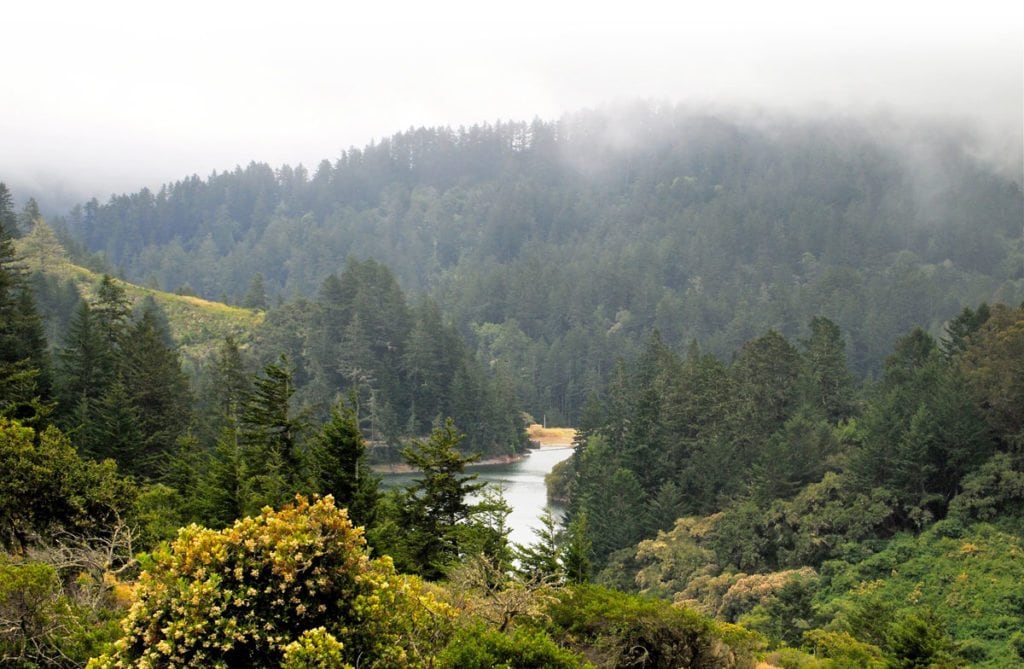
Protected since the 1860s
The Peninsula Watershed is a 23,000-acre area surrounding Crystal Springs Reservoir, bordered by Pacifica and San Bruno in the north and Woodside and Redwood City in the south. (See map at bottom of this article.) As a source of drinking water for the city of San Francisco, it is owned by the PUC and has been closed to the public since it was originally set aside in the latter half of the 1800s. The watershed is part of a regional water system serving 2.6 million people in four San Francisco Bay Area counties. About five percent of San Francisco’s drinking water comes directly from rainfall and run-off into the Peninsula Watershed reservoirs. In addition, some Hetch Hetchy water (which makes up 85 percent of the city’s water supply) is stored in the Peninsula Watershed reservoirs on its way to the city.
The watershed is critical, intact habitat for 800 plants and trees, 165 bird species, 50 mammal species, and other wildlife – many of which have been extirpated from other parts of the Bay Area. This watershed has the highest concentration of special status (rare, threatened and endangered) species in the entire nine-county Bay Area.
The Peninsula Watershed is a California-designated Fish and Game Refuge and protected under the UNESCO Golden Gate Biosphere. Over the years, as other Bay Area parks and lands have become urbanized and altered, the Crystal Springs Watershed has remained the single most pristine tract of Peninsula land, and it has some of the highest conservation value of any land in our area.
Peninsula Watershed: Important bird habitat
With respect to birds, the Peninsula Watershed is within the Pacific Flyway, a major migratory route birds use each spring and fall. Many bird species come to the watershed to spend the winter while other birds use this as an important migratory stopover site where they can rest and feed. Other birds including Bald Eagles breed within the protected areas of the watershed. The Marbled Murrelet, a bird federally listed as threatened, relies on this watershed as breeding habitat. [1] The official bird of San Francisco, the California Quail, no longer breeds within city limits but currently lives and breeds in this watershed.
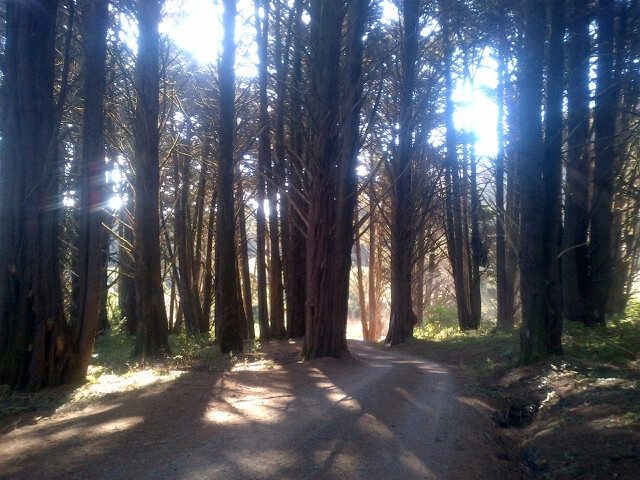
Increased use will take a toll
Our water, these habitats, and the species that depend upon them will be threatened by increased public and recreational activities. Humans harm wildlife by leaving food, trash, and human waste. Recreational activities cause erosion, unwittingly transmit weed seed, and potentially spread damaging diseases such as sudden oak death to these habitats. Fires in the region are primarily started by humans.
Increased recreational use will create conflicts between humans and wildlife. The watershed is truly a wilderness, one of few remaining on the Peninsula. Last summer, the California Department of Fish and Wildlife Service relocated a mountain lion there from a residential area in San Mateo. In California, mountain lions are legally classified as a specially protected species and CDFW strives to protect their habitat and minimize conflicts between these mammals and humans. The SFPUC is required to maintain habitat for wildlife including mountain lions, yet safety guidelines in mountain lion territory include not hiking, biking, or jogging alone. These recreational activities pose a potentially dangerous situation and liability. The proposed resolution sets up a conflict between their mission of maintaining habitat for wildlife and recreation.
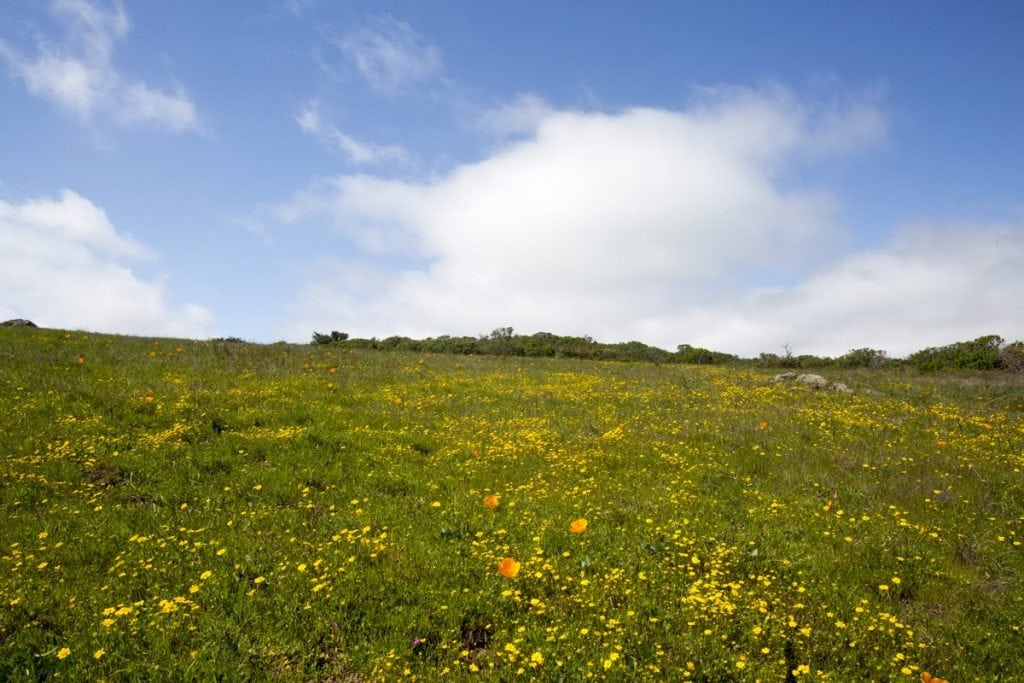
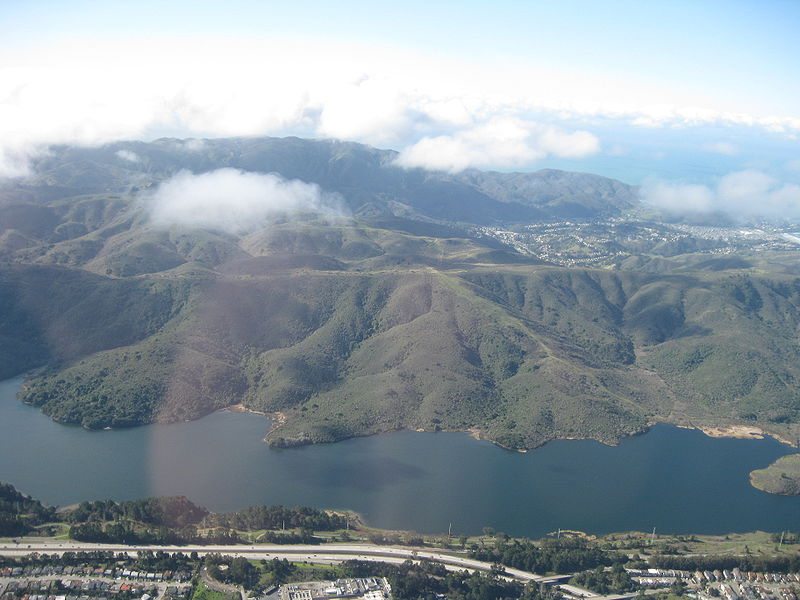
Wildfire and water quality risks
Increased recreational use will also raise fire danger and threaten water quality. In 2015, after several years of drought, the Peninsula Watershed was closed due to fire danger in order to protect the watershed. With climate change, severe storms and additional droughts are anticipated in our future. Wildfires present a huge threat to the area since it has not burned for many decades and there is much fuel on the forest floor. Without significant planning and clearing, we will face unusually severe wildfires that could do great damage to wildlife and plants. Fires also contribute to sediment build-up in the lakes by increasing both erosion and the potential for debris flow. (Increased hiking and biking on trails will also contribute to erosion and sediment build-up.)
The chief concern of the SFPUC in its 2002 Peninsula Watershed Plan was fire: “Studies in the FEIR demonstrate an increased chance of fire ignition once the public is allowed into a formerly closed area. Should a devastating fire occur, the resulting erosion and sedimentation would make treatment of the water using direct filtration a difficult (if not impossible) endeavor.” The devastating Big Sur Soberanes Fire — still burning as we go to press — was started by an illegal campfire. Such a disaster in the Peninsula Watershed would create a huge financial burden to San Francisco taxpayers.
Existing public access is adequate
This watershed already has public access with a surrounding trail used for hiking, biking, horseback riding, and birdwatching. This fenced 16-mile trail, operated by San Mateo County Parks and open every day of the year, is more than sufficient to support the estimated 325,000 current annual visitors.
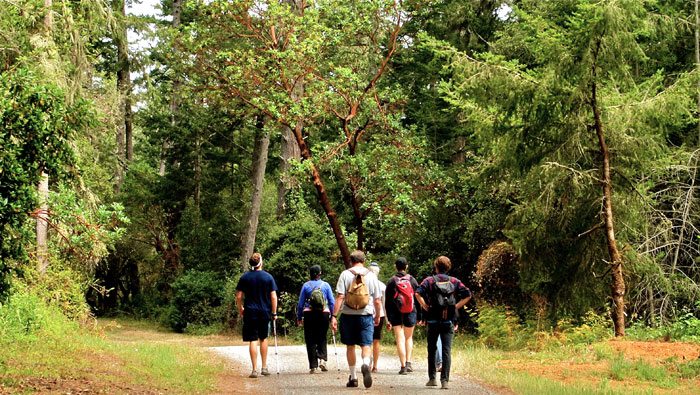
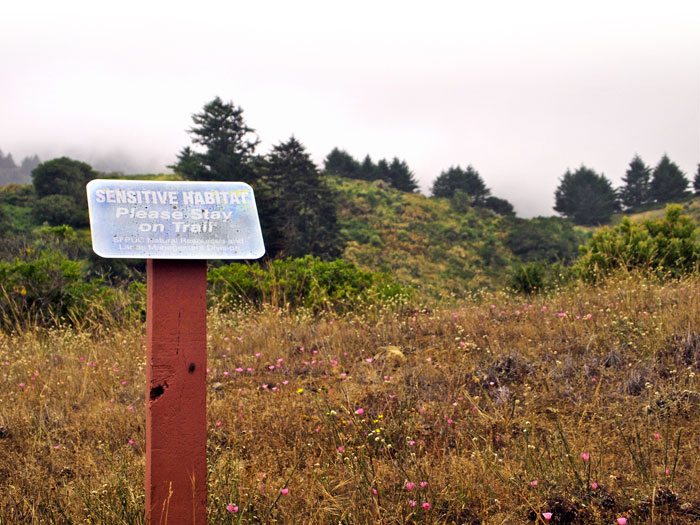
The SFPUC reviewed opening the watershed in 2002 and it — along with U.S. Fish and Wildlife Service, California Dept. of Fish and Game (now Wildlife), and the California Department of Health Services — all “expressed concern with permitting unrestricted public access to the interior of the watershed due to the unique assemblage of habitats and species that occupy the watershed and potential for public health impacts.”
These agencies recommended the use of a docent program which “minimizes or eliminates the impacts related to unrestricted public access, such as unauthorized off trail use and ignition of fire.” [2]
The SFPUC implemented a docent program in 2002, which has been very successful at educating the public about our water supply while providing guided access to Fifield-Cahill Ridge. We support expanding this program with more training and resources.
Oppose opening the watershed!
The resolution to open up the watershed – resolution # 160183 – was proposed by Supervisors John Avalos, Scott Wiener, and David Campos.
The potential impacts on water quality and wildlife have not been identified, mitigated, or budgeted within the current city spending plans. Without a thorough plan that addresses the threats associated with increased use, it is premature to consider opening the watershed.
GGBA joins other organizations including Sequoia and Santa Clara Audubon, the Bay Area chapters of Sierra Club, Yerba Buena and Santa Clara chapters of California Native Plant Society, Native Plant Conservation Campaign, and Committee for Green Foothills in opposing opening the watershed while supporting the expansion of the docent-led program.
Please contact Supervisors Malia Cohen, Scott Wiener and Aaron Peskin (who sit on the Land Use Committee), your district supervisor, and the SFPUC contacts below to urge them to vote no on this resolution.
Protect San Francisco’s water while also protecting this unique habitat for rare, threatened, and endangered species and other wildlife!
Email contacts
(Click here to find out who is your district supervisor. When you send an email, please consider including us as a BCC so we can track the impact we’re having! Send the BCC to idebare@goldengatebirdalliance.org.)
Eric.L.Mar@sfgov.org District 1
Mark.Farrell@sfgov.org District 2
Aaron.Peskin@sfgov.org District 3
Katy.Tang@sfgov.org District 4
Breedstaff@sfgov.org District 5
Jane.Kim@sfgov.org District 6
Norman.Yee@sfgov.org District 7
Scott.Wiener@sfgov.org District 8
David.Campos@sfgov.org District 9
Malia.Cohen@sfgov.org District 10
John.Avalos@sfgov.org District 11
commission@sfwater.org San Francisco Public Utilities Commission
SRitchie@sfwater.org Steve Ritchie, Asst. General Manager, SFPUC
TRamirez@sfwater.org Tim Ramirez, Manager of Natural Resources, SFPUC
Footnotes
[1] See Fifield-Cahill Ridge Trail brochure by City and County of San Francisco and SFPUC
[2] See page 327-334 in http://www.sfwater.org/modules/showdocument.aspx?documentid=756.
